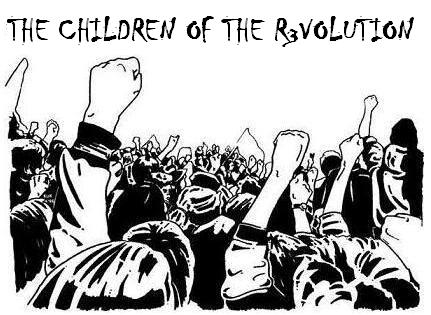 As the White House and the Democratic-controlled Congress push with ever-increasing force to pass a comprehensive overhaul of the American health care system, the point that has generated the most contention has been a public option for health coverage. A government-run health insurance option has been the dream of many liberals for decades, and never before have they been as close as they are now to achieving it. But as always, they rely on speed and secrecy to enact their agenda, as the American public would surely abandon them were the full details to be made known. Indeed, polling shows that the majority of Americans, while dreamily supporting a health care overhaul, are vehemently opposed to the necessary cost of such a plan (currently projected at $1 trillion over ten years). And knowing the cost is half the battle. The other half is exposing the plan itself for the disaster that it represents.
As the White House and the Democratic-controlled Congress push with ever-increasing force to pass a comprehensive overhaul of the American health care system, the point that has generated the most contention has been a public option for health coverage. A government-run health insurance option has been the dream of many liberals for decades, and never before have they been as close as they are now to achieving it. But as always, they rely on speed and secrecy to enact their agenda, as the American public would surely abandon them were the full details to be made known. Indeed, polling shows that the majority of Americans, while dreamily supporting a health care overhaul, are vehemently opposed to the necessary cost of such a plan (currently projected at $1 trillion over ten years). And knowing the cost is half the battle. The other half is exposing the plan itself for the disaster that it represents.First and foremost, we must deal with the fact that government-run anything is an inevitable disaster (Social Security, Medicaid, Amtrak, Congress). The supporters of the public option chide these claims by saying that, if the plan is destined for such abysmal failure, why are private insurers so worried about being able to compete? I would like you to examine that argument for just how ignorant it is and what a lose-lose situation it represents for the American people. Consider: either the public plan is a disaster and your tax dollars go to waste while private insurers continue to operate as they do now, making the entire exercise merely a colossal waste of time, resources and capital, or it is successful and private insurers are bankrupted and forced out of business, establishing a government-run monopoly on health care that even most Democrats are loathe to endorse.
But why, you may ask, would private insurers necessarily be hounded out of business by a public option? It is just an option, after all, not compulsory. Well, let’s examine the particulars of the plan. As currently proposed by its supporters, the public option would provide affordable health coverage by mandating that it be charged less (by most estimates at least 20% less) than private insurers by health care providers such as clinics, hospitals, and family doctors. Additionally, they intend to make this plan "affordable" for the lower and middle class Americans who it is intended to provide relief for by taxing private health insurers and the wealthiest income bracket to pay for it. Consider: private health insurers will be forced to pay to subsidize their chief competitor, Public Health Care, while at the same time operating at a competitive disadvantage by paying more to health care providers.
Additionally, money is money, and as much as the government may want you to believe that they can wave a magic wand and exempt themselves from market forces, this is not the case. Hospitals and health care services cost what they cost. If the government is charged less money for services provided as part of their plan, the profit lost from that transaction has to be made up somehow in order for health care providers to remain solvent. The only way to make up the losses in the market are, as always, to reduce pay or benefits for employees, layoff employees, or charge more for their services. The government has the power to insulate itself from the negative effects of the last option, as it can, through legislation, attempt to mandate its costs at a fixed rate (which only makes the problem worse, of course). This would leave private health insurance providers to pick up the lion’s share of the cost for health care services, disproportionate to the burden shouldered by government. Not only that, but bear in mind that private insurers are among those that legislators intend to foot the bill for the public plan by way of taxation, so they end up subsidizing public health care twice while suffering the ill-effects of its operation.
What means will private insurers have to remain not merely competitive but profitable if they are saddled with this ridiculously disproportionate financial obligation to keep their competitor’s doors open? Well, the same options that health care providers will have to stay afloat: salary/benefit reduction, layoffs, and increased costs to the consumer. From here it’s easy to see why private insurers will likely end up bankrupt and out of business, leaving the public option as the only option. Not only that, but in the worst case scenario, with the government plan assuming primacy, the lower costs charged by health care providers (now the only costs) would have to either go up to compensate for the massive losses those providers would stand to suffer, putting us right back where we started, or remain low and drive the quality of our health care services down.
There are other issues at stake here as well, such as the exodus of skilled, American-trained doctors from the United States to other countries that will offer higher wages (remember health care providers will have to cut costs no matter what) and the inevitability of most employer-furnished health care defaulting to the public option. But by far the most detrimental effect of the public option is the elimination of private insurance providers altogether, no matter what the White House or Congress tells you.







